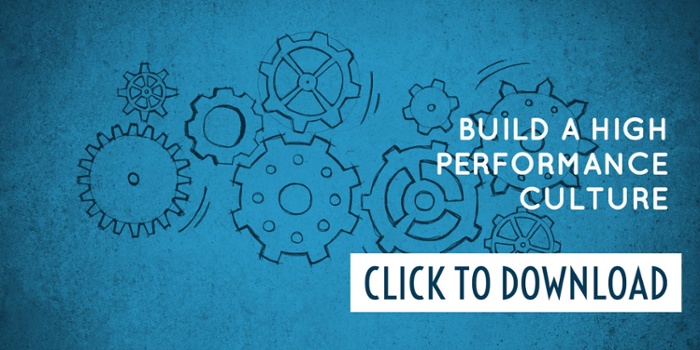In today's fast changing world, creating a culture where learning is built into the process is critical to survival. People can learn faster than process.
A powerful learning culture is one in which learning (defined as the ability to take new and effective action) is an intentional practice that drives growth and performance within an organization.
The challenge is to create a culture in which learning that actually produces lasting, measurable changes in behaviors and abilities continually takes place.This type of learning increases the value of the organization’s people, increases employee engagement and commitment, and generates greater possibilities for the business in the marketplace.
Amazing things happen when behavioral learning becomes part of the organization’s culture. It is easier to attract talented people because they have opportunities to grow and develop. Trust goes up and a mood of possibility envelops the organization. The private undercurrent of fear dissipates, enabling people to become less concerned about self-preservation and become more focused on business opportunities and the actions to achieve them.
Creating a learning culture is challenging because of the difficulty adults have learning inside many organizations. Power and politics can have huge impacts on career and promotion. Often it is unsafe for an employee to say, “I don’t know,” yet that admission is the critical first step of learning.
Enemies of Learning
When someone faces an opportunity for behavioral learning and growth, he or she is immediately confronted by one or more “Enemies of Learning,” which include:
- Unwillingness to be a beginner
- Blind to our blindness
- The desire for comfort
- The insistence on being certain of outcomes
- Confusing opinions with knowledge and confusing awareness with competence
- Fast Food or the magic pill
- Letting our judgment get in the way (I like/dislike; I agree/disagree; I do/don’t see the value)
- Trying all the new fads but building practices in none of them
- Asking only technical or nit picky questions.
Bold leadership is required to create a culture that enables learning to show up and flourish. People develop faster when they can admit that they don’t posses a certain skill or know something and then are empowered to go out and learn it.
In our experience people aren't rarely scared of change; they are scared of being competent on the other side of change. They get paid for competency, which results in “Enemies of Learning” showing up.
When leaders and teams commit to learning as a core competency and model these behaviors themselves, increased performance rushes in and becomes self-perpetuating.
What are you doing to create a collaborative and inventive culture? What is getting in the way?


